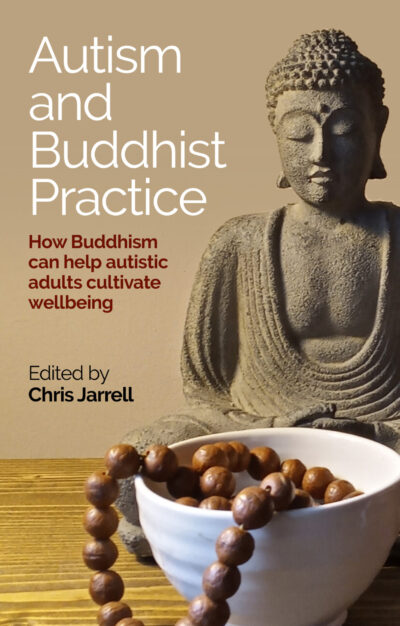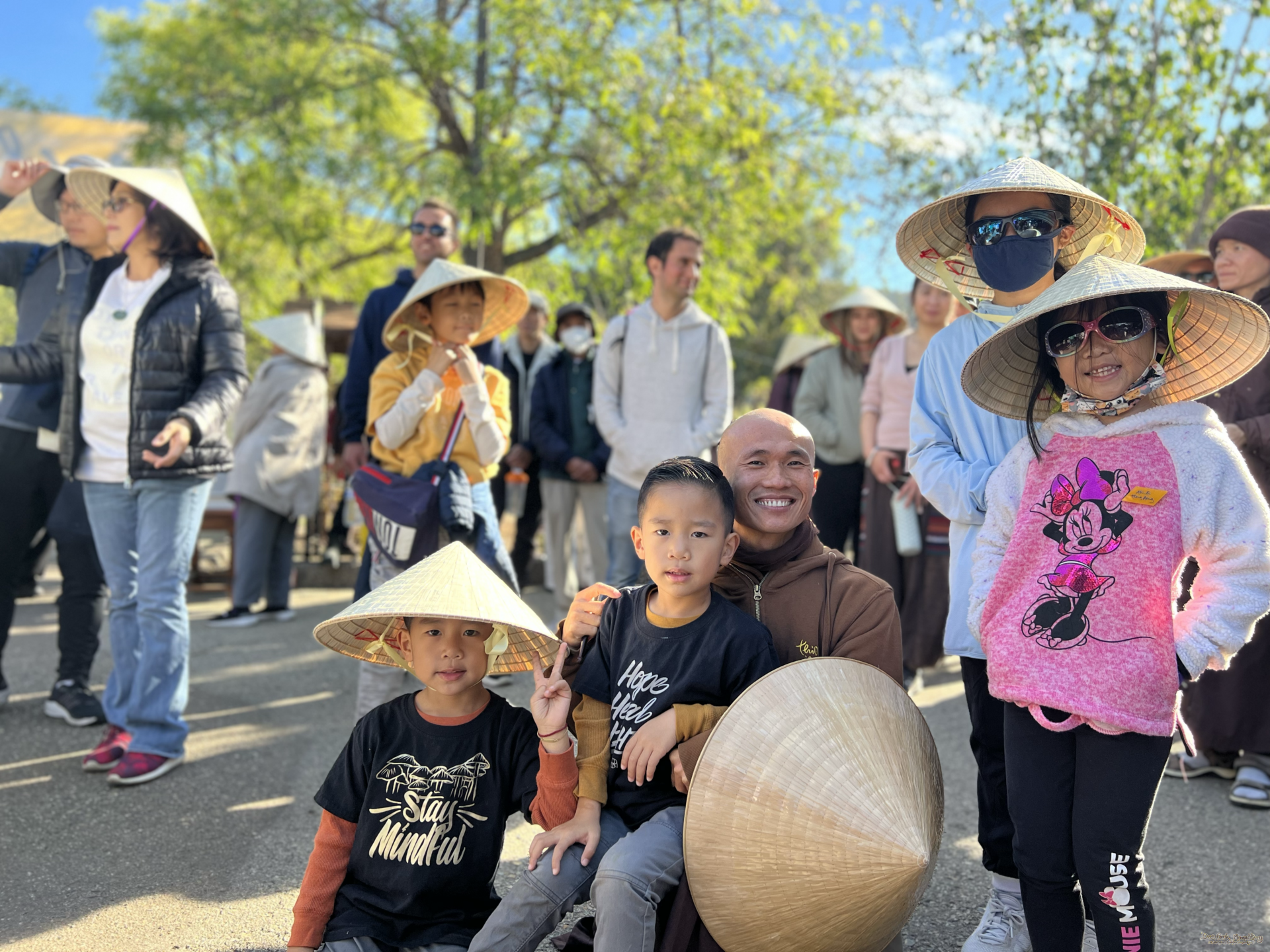How Buddhism Can Help Autistic People to Improve Their Wellbeing
By Gijs “Jazz” Van den Broeck on

Edited by Chris Jarrell
Jessica Kingsley Publishers, 2022, Paperback, 208 pages
Mental health issues and awareness of neurodiversity are on the rise in Western society and in the Buddhist community at large. Autism and Buddhist Practice taps into this growing wisdom,
How Buddhism Can Help Autistic People to Improve Their Wellbeing
By Gijs “Jazz” Van den Broeck on

Edited by Chris Jarrell
Jessica Kingsley Publishers, 2022, Paperback, 208 pages
Mental health issues and awareness of neurodiversity are on the rise in Western society and in the Buddhist community at large. Autism and Buddhist Practice taps into this growing wisdom, presenting a collection of writing from neurodiverse (‘autistic’) people reflecting on their experience with Buddhist practice, including sharings from members of the Plum Village community.
Ordinary situations for neurotypical people can be quite challenging for those on the autism spectrum. The personal and unique voices included in this collection reflect these challenges. Neurodiverse people can, for example, have a hard time feeling comfortable in group settings. Attending Sangha, therefore, can be daunting. Jane Garratt shares her story of finding a compassionate and tolerant Sangha environment where she felt at home, but nonetheless struggled for years to make deep connections with those around her.
In Autism and Buddhist Practice we learn that certain elements of the practice can come more easily than others. Lian Beijers writes of how being neurodiverse supports her ability to consistently practice The Five Mindfulness Trainings. “I think making decisions and sticking to them is more achievable for me because I tend to easily experience strong cognitive dissonance.” Pernille Damore writes how, as a person labelled with autism, it is very easy to see the coherence and logic of the Buddha’s teachings: “All the aspects of the Dharma I see my neurotypical spiritual friends struggling with are no problem at all for me because it fits perfectly with my autistic perception of reality and my autistic way of life.”
Chris Jarrell, the editor of the book, shares how taking refuge in one of Thầy’s guided meditations while encountering some communication difficulties at a busy check-out counter, averted a meltdown. Overall, one thing is clear: neurodiverse people can greatly benefit from the practice and, after practicing, find it easier to deal with the challenges that their condition brings. A recurring thread in the book is the ability of Buddhist practice to help a wide range of neurodiverse people to overcome difficult emotions, find more love and compassion in their lives, and learn to accept themselves. The teachings of the Buddha are timeless and universal, and can be of benefit to all. The book ends by offering guidance to those wishing to create an autism-sensitive practice environment.
Autism and Buddhist Practice is a pleasant and insightful read that both supports those who are neurodiverse and helps neurotypical people to better understand and support such individuals. It reminds us to keep our beginner’s mind–not to take anything for granted. Though everyone’s experience is different, The Four Noble Truths remain true, and if practiced, they can help us to overcome suffering so that we can all find peace and joy in this life!


